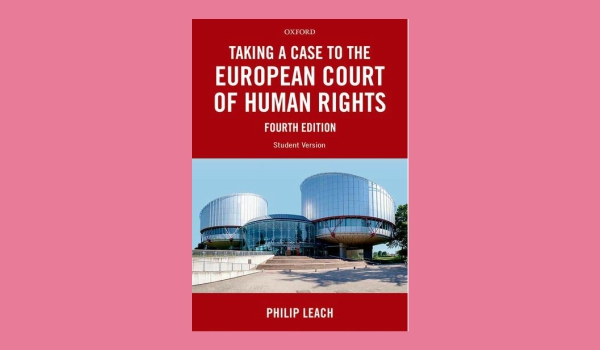
by Dr Bríd Ní Ghráinne, Dr Aisling McMahon
Social Science Research Network – a 31-page working paper
Abstract
In contrast to the UN Human Rights Committee, the European Court of Human Rights has not yet found that a prohibition of abortion in cases of fatal fetal abnormality violates the prohibition of torture or inhuman and degrading treatment (Art 3 ECHR). We argue that the European Court of Human Rights is on the verge of aligning itself with the UN Human Rights Committee because (i) recent European Court of Human Rights jurisprudence on abortion rights is broadening; (ii) the European Court of Human Rights frequently uses international law as an interpretative tool; and (iii) moving in the direction of the UN Human Rights Committee would not be as controversial as it may have been in the past.
Excerpts from the Introduction –
[The European Court of Human Rights] has also held that states enjoy a wide margin of appreciation in relation to Article 8 (right to private and family life) and has only found violations of Article 8 where abortion was provided for in domestic law but not accessible in practice. Unsurprisingly, the dominant position in the literature is that the European Court of Human Rights is not a fruitful avenue to challenge a State’s prohibition of abortion.
This article rejects this view and argues that Article 3 holds significant potential to challenge restrictive abortion regimes. Our novel analysis illuminates how the European Court of Human Rights’ jurisprudence on Article 3 is incrementally developing in favour of broader access to abortion. In our view, recent cases have paid less heed to whether abortion is legally available within States, have focused on the vulnerability and suffering of the respective applicant(s), and have taken an approach that aligns with the absolute nature of Article 3. The European Court of Human Rights has not yet explicitly found a violation of Article 3 in respect of a State where abortion is illegal, but we put forward the argument that it is on the cusp of doing so.
PUBLICATION: Taking a Case to the European Court of Human Rights



